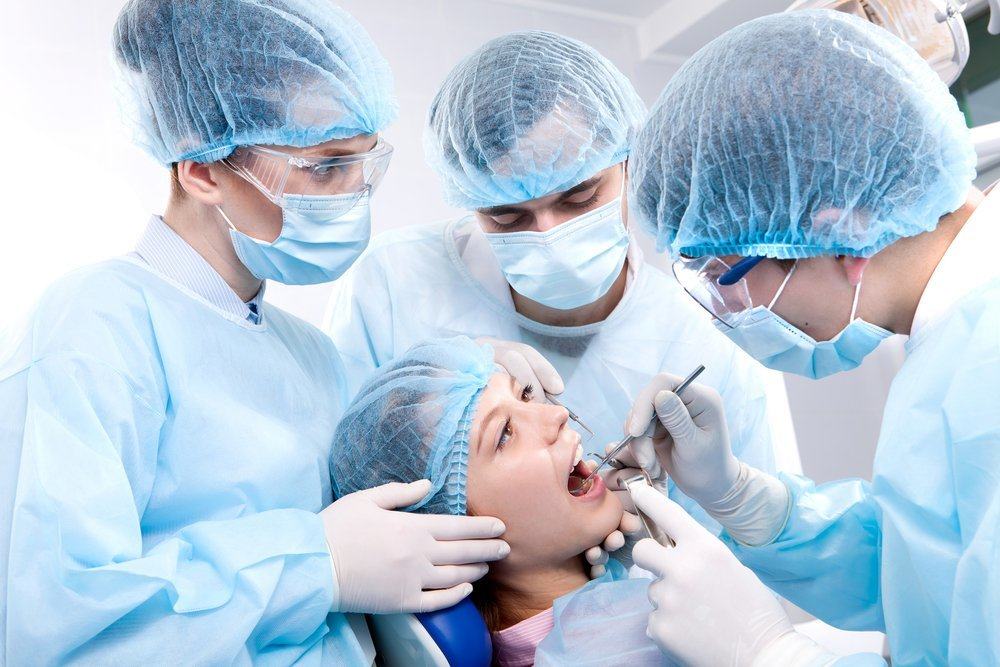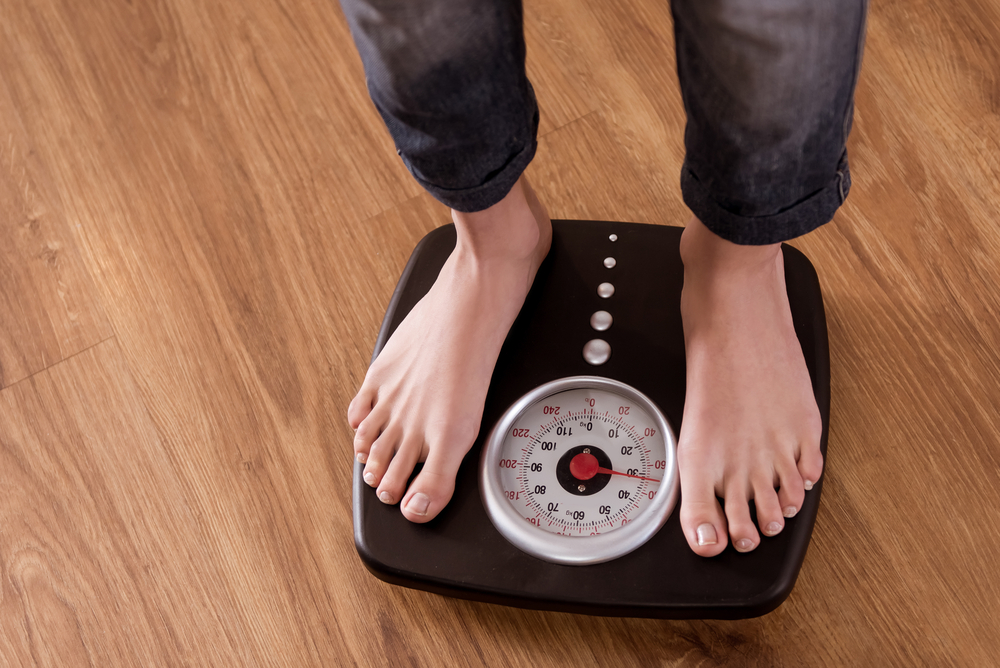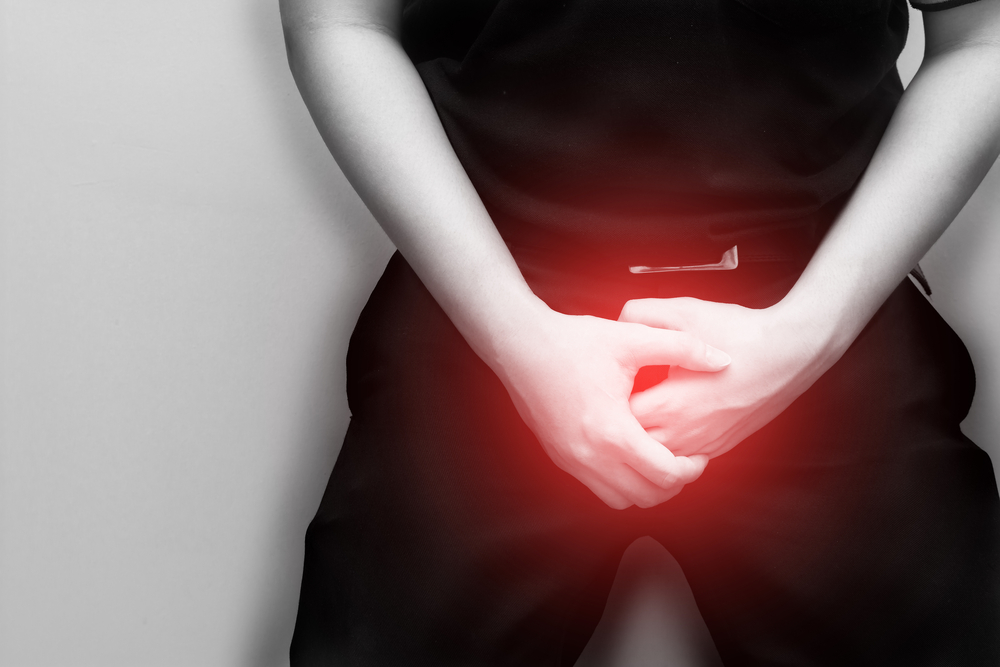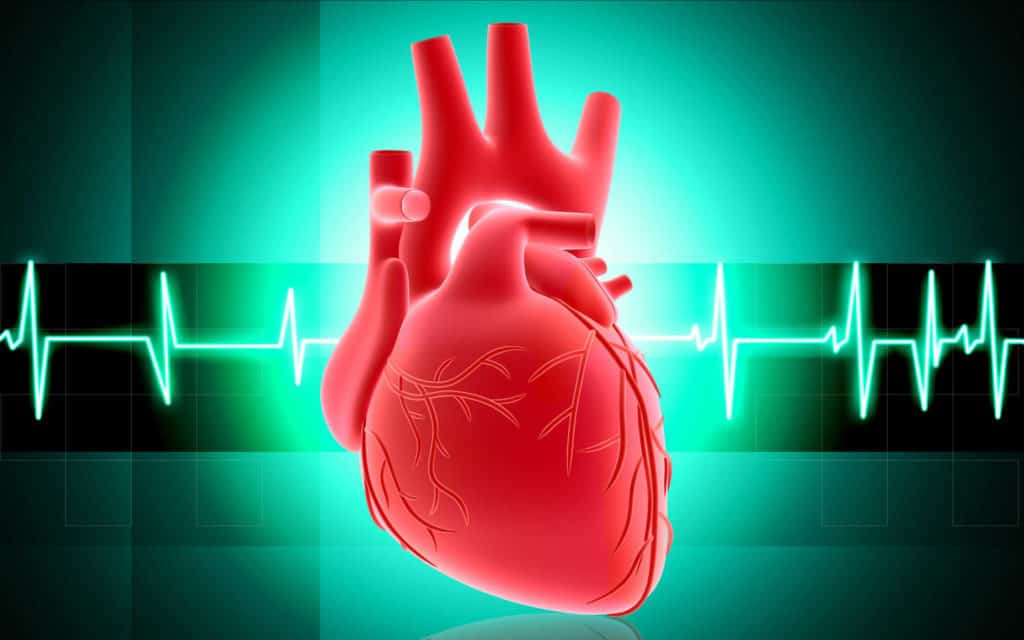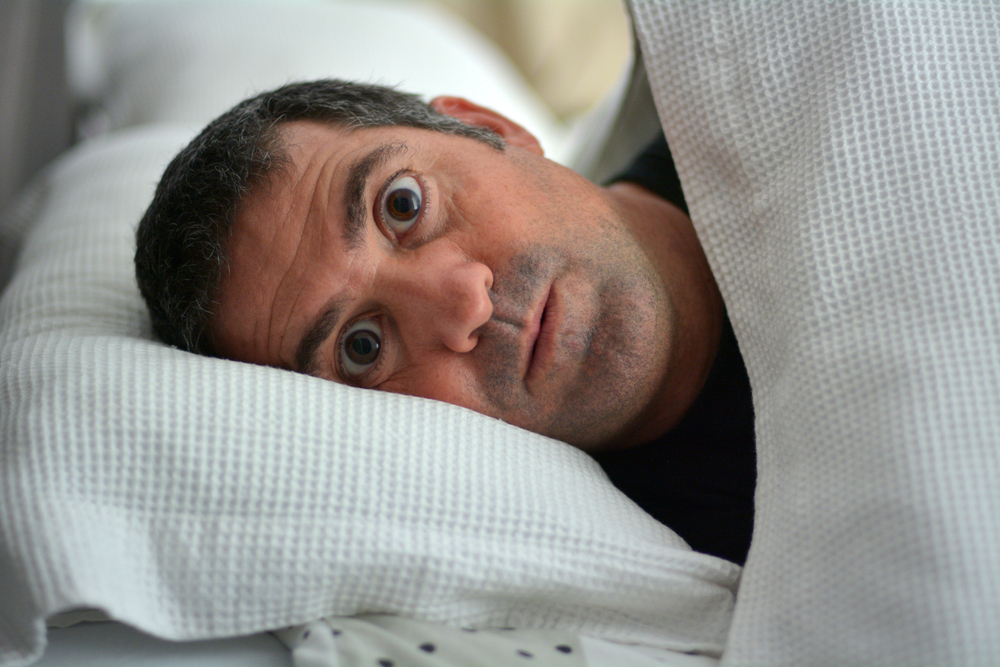Contents:
- Medical Video: DENTAL ASSISTANT RECOGNITION WEEK - BEST TEAM IN DENTISTRY
- What should be asked of the doctor before agreeing to operate the youngest teeth?
- List of preparations ahead of wisdom teeth surgery
- What will happen during the wisdom teeth removal procedure?
- What happens after extracting wisdom teeth?
- When should I go back to the doctor?
Medical Video: DENTAL ASSISTANT RECOGNITION WEEK - BEST TEAM IN DENTISTRY
The youngest molars that grow abnormally are annoying. When you consult a doctor about wisdom teeth, the doctor will observe it first. If it really needs to be revoked, you also need to get ready for the revocation. Unlike other teeth, wisdom teeth may require a more complicated extraction technique than usual, because they have to go through a surgical procedure, or wisdom teeth surgery. Then, what preparations should be prepared before the extraction of wisdom teeth?
What should be asked of the doctor before agreeing to operate the youngest teeth?
Before removing the problematic wisdom teeth, the doctor will perform a procedure that makes your gums numb or numb by local anesthesia. This anesthesia will make you more comfortable during the extraction procedure. There may be a number of questions that you want to ask your doctor about operating procedures or about impaction of the tooth, such as:
- How many wisdom teeth have to be removed?
- What type of anesthesia will I receive?
- How complicated is the revocation procedure to be carried out?
- How long does the revocation take place?
- Will the wisdom teeth trigger damage to other teeth?
- Are there risks that I will get like nerve damage?
- Is there dental care that I have to do postoperatively?
- How long is post-operative healing and when can I start the activity?
- Can pregnant women undergo wisdom teeth surgery? (There is no reason that the extraction procedure will affect pregnancy, but you need to ask the doctor, because some doctors may wait for treatment until the birth process)
List of preparations ahead of wisdom teeth surgery
Usually the treatment performed after surgery is outpatient. You can go home on the same day after undergoing wisdom tooth extraction. However, all depends on how complicated your teeth are impacted, there are patients who have to be hospitalized because of some obstacles. Before surgery, you will receive instructions from a hospital or dental clinic about what to do before and after surgery. Try to remember it. Try asking the following questions:
- Do I need someone to accompany me on my way home, because the anesthetic effect is given?
- Should I arrive early just in case there are some checks?
- Should I fast before surgery?
- If yes, how long should I fast?
- Should I avoid consuming certain drugs before the operation?
What will happen during the wisdom teeth removal procedure?
Your dentist may use one of three types of anesthesia, depending on how complex your teeth are, the following describes some of these anesthetics:
- Local anesthesia given by injecting one or more injections at the point near the tooth that will be removed. You will stay awake during the revocation process. Even though you will feel pressure and movement, you will not feel pain
- Sedation anesthesia given through the intravenous line on your arm. This anesthesia will suppress your awareness, so you have limited memory during the extraction process, and you will not feel pain
- General anesthesia given in urgent situations. You might breathe medicine through your nose and certain lines on your arm. When given this anesthesia, you will lose consciousness. Your team of doctors will monitor treatment, breathing, temperature, fluid and blood pressure. You will lose memory during the procedure and not feel pain
What happens after extracting wisdom teeth?
If you get sedation and general anesthesia, you will be taken to the recovery room after surgery. If only local anesthesia, you can go straight home after the operation. Some things that might happen:
- You may still experience bleeding after removal of wisdom teeth. Try not to spit excessively so you don't have to remove blood clots from the gums or teeth. Change gauze as directed by the dentist.
- Overcome pain with drugs such as acetaminophen (Tylenol), the drug will be very helpful when there is bone extraction during the procedure. In addition, you can also compress with ice on your jaw to reduce pain.
- Swelling will definitely occur on your cheeks. Don't worry, this will subside within three days. Maybe, you will also experience bruising, usually it will occur for several days.
- After extracting wisdom teeth, it's a good idea to rest first, so that you can get back to your activities as soon as possible.
- Drinking lots of water is also needed after surgery. Avoid drinks such as alcohol, caffeine, carbonated drinks, or hot drinks in the first 24 hours. Also avoid drinking through a straw because it can make blood clots come back out.
- Choose soft foods like yogurt and porridge for 24 hours. Avoid foods that are hard to chew, hot and spicy. These foods can irritate you.
- Clean your mouth with gargling using mouthwash, avoid brushing your teeth in the first 24 hours.
- If you smoke, you should not smoke first within 72 hours after surgery or as long as possible until you recover. Cigarettes can inhibit the healing process.
When should I go back to the doctor?
You can call or return to the doctor if you experience some of the following signs or symptoms:
- Difficulty breathing or swallowing
- Excessive bleeding
- Fever
- Severe pain even after taking medication for pain relief
- Swelling that worsens after two or three days
- Feeling prolonged numbness
- Removing pus
READ ALSO:
- Why Sometimes the Youngest Teeth Must Be Revoked?
- Get to know 5 new technologies for dental and mouth care
- Finding Out Is Your Youngest Tooth Troubled

